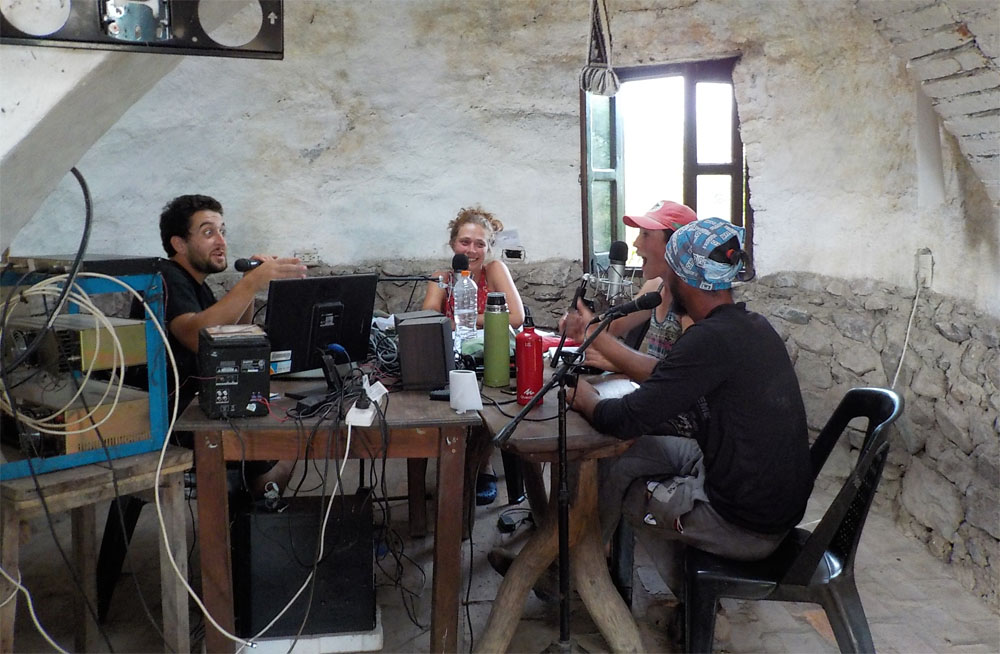
- In the province of Santiago de Estero, the indigenous communities, besides facing the attacks of an agro-entrepreneur and cultivating the land in which they have lived, are creating the rural university "Unicam Suri".

What we find from one side to the other and everywhere is pressure and conflict on land. Agribusiness and the clash between rural communities. This is also the case in the Argentine province of Santiago del Estero. In 1994, the MoCaSE (Movimiento Campesino de Santiago del Estero), a project for the defense of their lands and territories by local farmers, was born. She is currently a leader in peasant struggles, an active member of the MNCI (National Indigenous Peasant Movement), CLOC (Latin American Coordinator of Rural Organizations) and La Vía Campesina.
The indigenous community Iaku Cachi decided in 2015 to defend the lands that businessman Orlando Canido wanted to take away from him. Bajo Hondo is a 4,000 hectare plot located in the community and although they produced cotton in their day, at this moment the soybean plantation is located in an area plagued with rri and infinity. Eight families came together and built resistance houses, a collective gathering place and shells, and they started participating in MoCaSE.
2016 was the hardest year. As Fabian, who attended the People’s Judgment for Sustainable Lives in the Basque Country, told us, they received violence of all kinds. They burned their houses, murdered their animals, polluted the pond... And they were besieged for three months by a crew of Canido paid bullies. They were also shot one day – fortunately there was only one injured.

However, they remained there, rebuilt their homes and continued working with the animals.
At the moment the community has Community cows, pigs and goats in Community stables. They're pretty quiet and waiting for judgment, but they're waiting -- because they've lived on those lands from generation to generation. An Argentine law says that if you've lived 20 years in a land, even without title, it's yours. But thanks to an alliance between lawyers, judges, bureaucrats and businessmen, those communal lands are sold and bought. And every time they are sold, the “new owner” creates problems.
Training to survive
In this resistance there are many communities and families in Santiago del Estero. But also in resilience. Training is the most powerful weapon for this, according to the movement, and that is why the Agroecological School was created years ago. They study in high school for three years, one week a month, and although they don't have an official degree, many young people in the movement have studied here.
In recent years, Unicam Suri (Agricultural University) has been established. It is a space under construction, a training centre from day one: a community has been created – at this time around 50 people live uninterrupted – and they welcome volunteers. In this Community experiment there are working groups for both production (production, construction...) and reproduction (cleaning, wood...). Therefore, it is a unique opportunity to be trained in the practical, but also to grow in the relational and collective.

In addition, young people are cared for with “conflictive consumption”, that is, with drug problems. This also gives a lot of lesson. The studies of Human Technical Communication, a community radio called Suri Manta, which brings together people from the MNCI from all of Argentina to perform for a week a month, taught by members of the university and the rural movement... The movement has arrived in this area of Santiago in collaboration with the University and must work from the families and communities of the area, organizing the movement and participating in the territorial conflicts that occur in it.